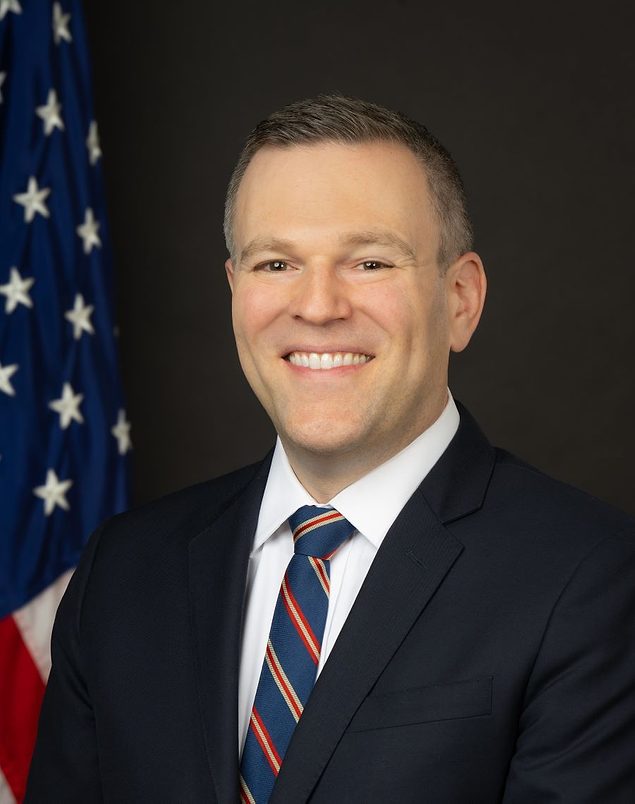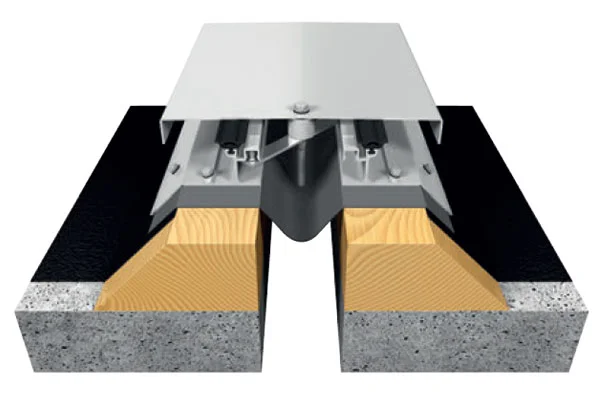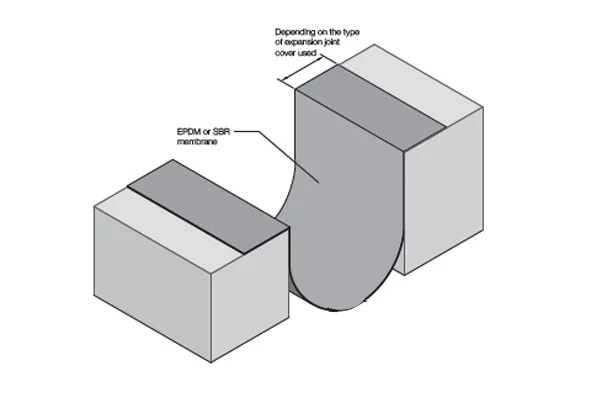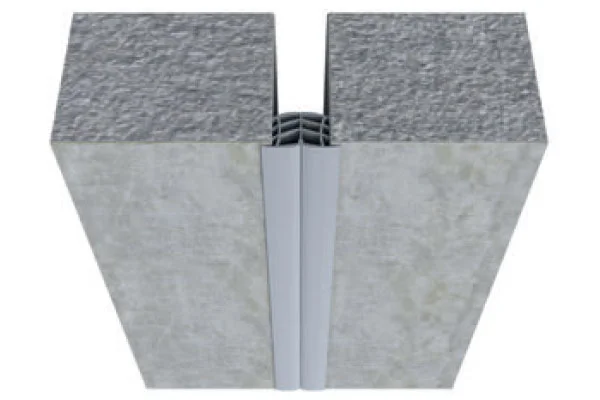
David Rosner, new chair of the Federal Energy Regulatory Commission, takes the helm at a volatile time as energy costs and demand are rising, power grid reliability and capacity are challenged and major Trump administration reversals in energy policy are underway,.
President Donald Trump elevated Rosner—a Democratic commissioner who joined the agency in June 2024—to the top post on Aug. 12,
The American Clean Power Association said Rosner’s “balanced, pragmatic approach to policy and concern for the interests of all stakeholders will be critical as the nation addresses rising electricity demand, costs and need for expanded transmission and grid reliability,” said CEO Jason Grumet in a statement. He said Rosner is committed to evidence-based decision making and is skilled at forging consensus.
Not all share that view, with the nomination criticized by some environmental groups including Friends of the Earth. “Rosner has promoted the gas and fossil fuel industry for years and is far too biased to hold this position” the advocacy group said in an Aug. 14 post on X. “Democrats who care about the climate must reject this industry hack.”
‘Non-partisan’ Democrat
Rosner has nearly two decades of experience across energy technologies, including his work as a FERC energy industry analyst and as senior policy advisor for the U.S. Dept. of Energy’s Office of Energy Policy and Systems Analysis. He also served two years on detail to the Senate Energy and Natural Resources Committee staff under then-Committee Chair Joe Manchin (D).
Rosner, along with current FERC commissioners Judy W. Chang (D) and Lindsay S. fill three of agency’s five voting seats. Trump has nominated Republicans David LaCerte, senior advisor at the Office of Personnel Management, and Laura Swett, an energy attorney and former FERC advisor, to fill the remaining seats. According to media reports citing unnamed sources, Rosner could potentially be replaced at FERC if LeCerte and Swett are confirmed.
Rosner replaced former chair Mark Christie (R), who resigned on Aug. 8 when he was not reappointed after his term expired.
Jon Wellinghoff, CEO and founder of GridPolicy Consulting and former FERC chair in the Obama Administration, told ENR that he knows Rosner and believes he will take a non-partisan approach to leadership, supporting a variety of energy projects including renewables and transmission technologies.
Wellinghoff said that one area of interest for Rosner will likely be grid-enhancing technologies—new, advanced technologies such as digital switches and AI software that can be integrated into the transmission grid to accelerate its development and improve operation and efficiency. Prior to becoming chair, Rosner expressed interest in these technologies, Wellinghoff said.
But, once FERC is fully staffed, it is difficult to say whether such technologies will gain the majority support needed for action, he said.
“It’s been hard in the past to move those things forward, primarily because utilities are not appropriately financially rewarded to put [them] in place,” he said, adding that [utilities] are not paid to be more efficient. Wellinghoff said he hopes Rosner will address financial incentives for utilities to boost efficiencies.
While it remains to be seen how data centers will be integrated into the grid, FERC will be at the forefront of that effort and Rosner will likely be open to hearing suggestions, Wellinghoff said.
“If I had to summarize him in a sentence, [Rosner] is a centrist Democrat who is a great pick for development of natural gas infrastructure,” said Zack Perconti, vice president of government affairs for the National Utility Contractors Association. The White House has spotlighted his work to accelerate development of power for data centers to drive AI, which is another plus, he said, adding that he believes the chair will also support the renewables sector.
“For us, we’re hoping that a fully invigorated FERC will be able to speed up the timelines on projects and speed up the pace of approval of all forms of energy,” Perconti added.
The utility contractors group, which touts an “all of the above” energy policy, is concerned about some Trump administration actions on renewables—and offshore wind, in particular, Perconti said.
“We’ve got a lot of members that do onshore work for the off-shore facilities, so we’re definitely concerned by the recent patterns going on around those,” Perconti said. The group plans to monitor whether Rosner takes an all-of-the-above approach to energy policy once the two remaining Republican nominees are confirmed.
Recent Activities
In an August 27 letter to OPM Director Scott Kupor, Rosner summarized FERC’s recent major activities. These include a number of actions under the Natural Gas Act, such as supporting infrastructure development and issuing notices to proceed with construction and service for natural gas infrastructure. Also noted was agency defense of its orders in federal court concerning certificates to authorize natural gas pipeline construction and operation, and FERC-issued environmental analysis for proposed natural gas infrastructure and for proposed hydropower projects under the Federal Power Act, as well as participation in the Virginia National Guard’s Cyber Fortress annual tactical-level Defensive Cyber Operations Exercise.








